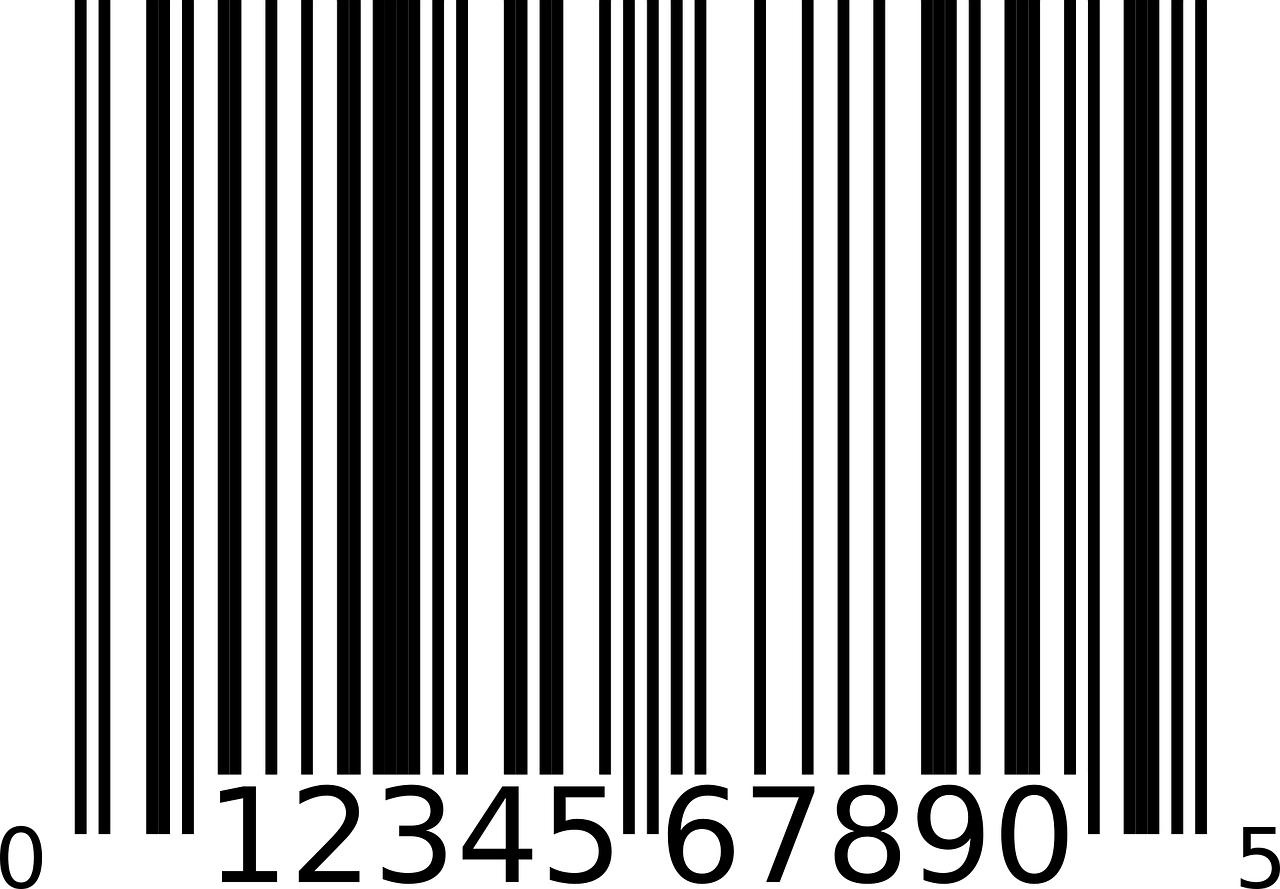When applying for a business loan, depending on the loan type, your credit, and the lender, among several other factors, you may be required to put down collateral to secure the loan. Which leads to the question: what types of collateral can you use for a business loan? For some small businesses, coming up with cash as far as collateral goes can be problematic; after all, if you had the funds on hand you might not need the loan in the first place. Rest assured, there are other types of collateral for a business loan that are acceptable. In this article, we review some commonly used forms of collateral that entrepreneurs will often pledge when applying for commercial financing.
What is Collateral?
Let’s start with the basics…What exactly is collateral? Simply put, collateral is an asset that a business might pledge in order to secure a loan. So let’s say that the business defaults on the loan payments for whatever reason. The lender now can access the pledged collateral, sell it and thus recoup their losses. Especially if a borrower has some red flags working against them, such as a less than desirable credit history or not enough years in business, collateral is often required to mitigate the risk. So what can you as a small business owner use as collateral? Below are five commonly pledged assets when it comes to applying for a business loan.

1) Real Property
Among the most common types of collateral for business loans are real property. The reason why real estate specifically is heavily prized by lenders is that it rarely if ever loses its value. It is sellable and, thus, works well as collateral. One negative for the lender might be the speed with which the property sells. Remember, to recover their losses, the lender has to liquidate the assets in question. Real estate can sometimes sit on the market for a while.
In some instances, depending on the business’s status, the owner might use the equity in their own home as collateral. And while this is a common approach, keep in mind, if you do default, the lender will likely seize and sell your home, which could put you in a very precarious situation. Consider also that real property as far as types of collateral is not solely relegated to real estate. Such property might also be equipment or vehicles, for example.
2) Cash
Of course, you can always use cash as collateral for a business loan. What is more liquid than cash? Lenders tend to be more optimistic about your application if you can provide cash as security on the loan. They can regain their losses quickly without having to resell property—a definite plus for them. One thing to keep in mind, if you are putting the bulk of your savings up as a pledged asset, this could be seen as rather risky given that you could lose the entirety of that savings.
3) Inventory
If yours is a product-based business, then you might think about using inventory as a form of collateral. Inventory, after all, can be sold and thus liquidated, thereby allowing the lender to regain their money. With inventory as collateral, however, there are a couple of potential drawbacks, primarily on the lender’s side of things. Unlike real estate, inventory tends to depreciate, losing its value over time. Not to mention, inventory can be more difficult to sell versus other types of assets. If you are intent on pledging inventory as collateral, there may have to be a third-party evaluator involved. The lender will want to ensure that they are getting collateral that will fully secure the loan.

4) Invoices
Yet another type of collateral used for business loans is invoices. What we mean by utilizing invoices as security on your financing is simply this: if you have outstanding invoices, some lenders might accept these as collateral and, thereby, advance you the money that you would have otherwise collected had these been paid invoices. You will then have to go ahead and collect the “past due” balances to repay the loan amount. This is what is called invoice financing or sometimes invoice factoring. Oftentimes, if a small business lacks a solid credit history, invoice financing can be a good way to go about getting the working capital you need.
5) Stocks and Bonds
Much as with cash, the use of stocks and bonds as a type of collateral can work well. That is because stocks, bonds, and investments of this nature are fairly liquid and can be sold quickly to repay the loan. Unlike cash as collateral, however, with investments, the value can fluctuate—sometimes in rather volatile ways. So, if there is a significant decrease in the value of a stock, for example, this could prove a problematic situation for you.
First Union Lending Is Here to Help You
We work with small businesses across the country getting them the cash they need when they need it—not weeks or months from now. Some clients get funded in as little as two days. If you need additional working capital, we most likely have a solution for you. Call today and let’s get started together!
